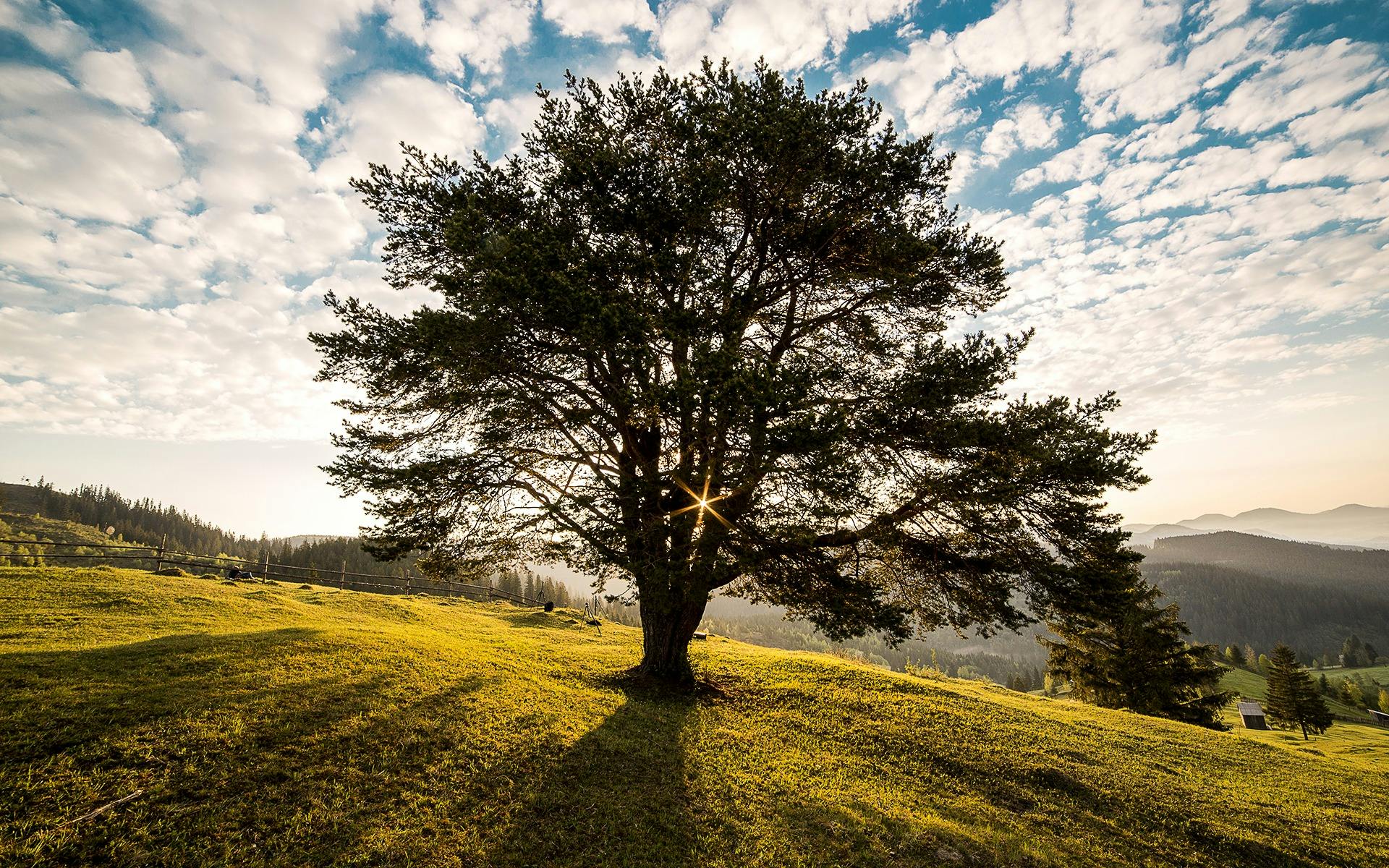
כִּי תָצוּר אֶל עִיר יָמִים רַבִּים לְהִלָּחֵם עָלֶיהָ לְתָפְשָׂהּ לֹא תַשְׁחִית אֶת עֵצָהּ לִנְדֹּחַ עָלָיו גַּרְזֶן כִּי מִמֶּנּוּ תֹאכֵל וְאֹתוֹ לֹא תִכְרֹת כִּי הָאָדָם עֵץ הַשָּׂדֶה לָבֹא מִפָּנֶיךָ בַּמָּצוֹר.
When in your war against a city you have to besiege it a long time in order to capture it, you must not destroy its trees, wielding the axe against them. You may eat of them, but you must not cut them down. Are trees of the field human to withdraw before you into the besieged city?
(י) וְלֹא הָאִילָנוֹת בִּלְבַד. אֶלָּא כָּל הַמְשַׁבֵּר כֵּלִים. וְקוֹרֵעַ בְּגָדִים. וְהוֹרֵס בִּנְיָן. וְסוֹתֵם מַעְיָן. וּמְאַבֵּד מַאֲכָלוֹת דֶּרֶךְ הַשְׁחָתָה. עוֹבֵר בְּלֹא תַשְׁחִית.
It is not only forbidden to destroy fruit-bearing trees but whoever breaks vessels, tears clothes, demolishes a building, stops up a fountain or wastes food, in a destructive way, offends against the law of ‘thou shalt not destroy".
In truth, there is no one nearer to idolatry than one who can disregard the fact that all things are the creatures and property of G-d, and who then presumes to have the right, because he has the might, to destroy them according to a presumptuous act of will.
Triangular dialectic between land, people and God.
Respect of nature as a respect of the future.
אַף אַתֶּם כְּשֶׁנִכְנָסִין לָאָרֶץ לֹא תִתְעַסְּקוּ אֶלָּא בְּמַטָּע תְּחִלָּה, הֲדָא הוּא דִכְתִיב: כִּי תָבֹאוּ אֶל הָאָרֶץ וּנְטַעְתֶּם.
You also, when you enter into the land, only occupy yourselves with plantation first. Hence it is written, 'When you shall come to the land.'"
"And do you think you will live another seventy years and eat the fruit of this tree?"
What are the common values in protecting nature, knowledge and people?
בֶּן בַּג בַּג אוֹמֵר, הֲפֹךְ בָּהּ וַהֲפֹךְ בָּהּ, דְּכֹלָּא בָהּ.
Ben Bag Bag says: Turn it [Torah] over and over, for [you will find] all in it.
(ג) הוּא הָיָה אוֹמֵר, אַל תְּהִי בָז לְכָל אָדָם, וְאַל תְּהִי מַפְלִיג לְכָל דָּבָר, שֶׁאֵין לְךָ אָדָם שֶׁאֵין לוֹ שָׁעָה וְאֵין לְךָ דָבָר שֶׁאֵין לוֹ מָקוֹם:
(3) He would say: Do not disparage anyone, and do not shun any thing. For you have no man who does not have his hour, and you have no thing that does not have its place.
(ג) אִם־בְּחֻקֹּתַ֖י תֵּלֵ֑כוּ וְאֶת־מִצְוֺתַ֣י תִּשְׁמְר֔וּ וַעֲשִׂיתֶ֖ם אֹתָֽם׃ (ד) וְנָתַתִּ֥י גִשְׁמֵיכֶ֖ם בְּעִתָּ֑ם וְנָתְנָ֤ה הָאָ֙רֶץ֙ יְבוּלָ֔הּ וְעֵ֥ץ הַשָּׂדֶ֖ה יִתֵּ֥ן פִּרְיֽוֹ׃(י) וַאֲכַלְתֶּ֥ם יָשָׁ֖ן נוֹשָׁ֑ן וְיָשָׁ֕ן מִפְּנֵ֥י חָדָ֖שׁ תּוֹצִֽיאוּ׃
(3) If you follow My laws and faithfully observe My commandments, (4) I will grant your rains in their season, so that the earth shall yield its produce and the trees of the field their fruit. (10) You shall eat old grain long stored, and the old will come out thanks to the new.




